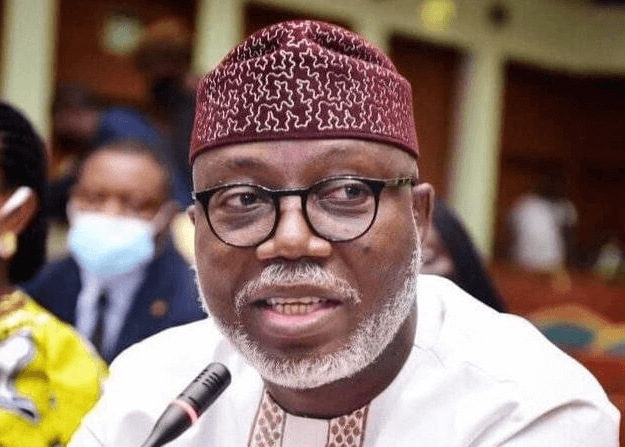- The Canadian province of Quebec has placed a cap on the number of family visa sponsorship applications
- The province announced that it will only allow 13,000 visa applications annually from June 26, 2024, to June 25, 2026
- Analysts say the move could negatively impact the chances of Nigerians and other immigrants wishing to bring dependents
Legit.ng’s Pascal Oparada has reported on tech, energy, stocks, investment, and the economy for over a decade.
The Canadian province of Quebec has limited the number of family sponsorship applications, which analysts say could affect Nigerians and other immigrants.
Reports say that Quebec set a limit of 13,000 applications across several family sponsorship categories, effective June 26, 2024, until June 25, 2026.
 The Canadian Prime Minister (left) Justin Trudeau allows Quebec to impose new restrictions
Credit: Picture alliance/contributor
The Canadian Prime Minister (left) Justin Trudeau allows Quebec to impose new restrictions
Credit: Picture alliance/contributorSource: Getty Images
13, 000 slots available for immigrants annually
The restriction states that 10,400 slots of the 13,000 applications are designated for spouses, common-law spouses, and dependent children aged 18 years and above.
PAY ATTENTION: Share your outstanding story with our editors! Please reach us through info@corp.legit.ng!
The remaining 2,600 positions are reserved for parents, grandparents, and other eligible family members.
Immediately after the limit is achieved, Quebec will no longer accept applications, and applications submitted after will be returned without charges.
The new restriction to affect Nigerians
According to reports, family sponsorship allows Nigerians and other immigrants with permanent residency or Canadian citizens to sponsor family members to live in Canada.
The visa type aims to reunite families and allow them to build better lives in the country.
Under the scheme, sponsors must commit to financially supporting family members for a period, ensuring they do not depend on social welfare.
Reports say Canada’s family sponsorship initiative is part of the Immigration, Refugees, and Citizenship Canada (IRCC) mandate.
Sponsors must meet specific criteria, including age 18 and residing in Canada.
Henry Uche, travel advisor and CEO of Goodwinds Travels and Tours said that the move is to reduce pressure on infrastructure and the country's resources.
"Migration is happening at an alarming speed due to limited resources caused by the global population explosion. What Quebec is trying to do to curb excessive dependence on its resources."Most western countries indeed suffer from labour shortages due to aging population, they are also trying not to stretch their resources too thin," he said.New Zealand introduces more restrictions
The development comes after the New Zealand government introduced more restrictions on work visa rules, targeting specific categories of Accredited Work Visa (AEWV) holders to reduce partner child dependents.
According to the Immigration New Zealand website, individuals with AEWVs working in occupations categorized at levels 4 and 5 by the Australian and New Zealand Standard Classification of Occupations and who don’t have a pathway to residency are no longer required to support their partners and dependent children in applying for work, visitor, or student visas.
New changes aim to check migration
The change is part of wider amendments to the AEWV initiative introduced earlier this year. It reverts the settings to those similar to the previous Essential Skills Work Visa.
Denmark to recruit 100 immigrants
In January, the Danish authorities revealed a new deal to encourage increased migration for individuals seeking employment in the country’s care sector.
The agreement is in partnership with a parliamentary majority in the country.
The Ministry of Education and Research announced the new deal and expanded the positive initiative, allowing foreign workers, especially care workers, to obtain permits.
Denmark invites Nigerians, and others to apply for work permits
Legit.ng previously reported that Denmark has revised its positive list to lure foreign skilled workers as it moves to address its labour shortage.
The list refers to professions needing more skilled or highly qualified professionals.
According to the Danish Agency for International Recruitment and Integration, the list is updated twice yearly due to the ongoing labour monitoring between January and July.
Source: Legit.ng
















 English (US) ·
English (US) ·